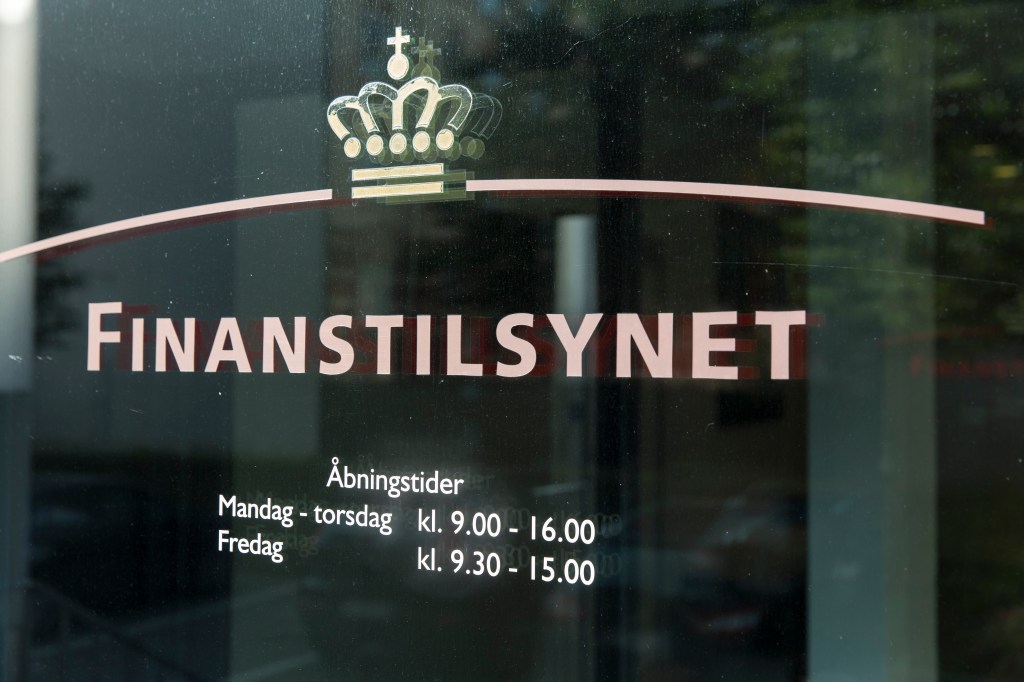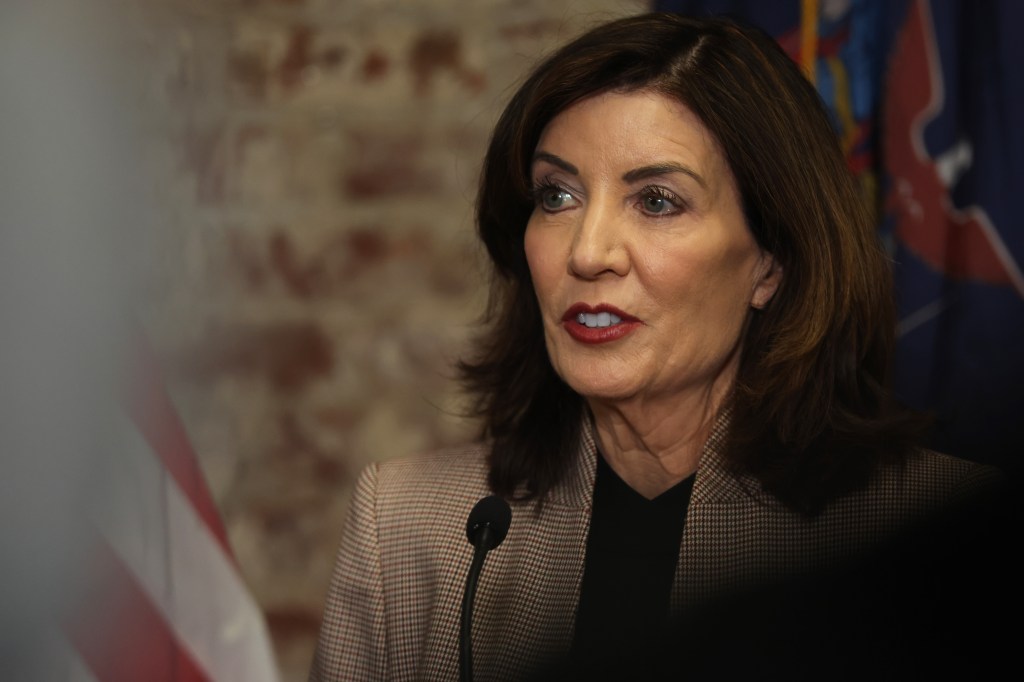“Exercising ASIC’s responsibilities needs to be done better and it needs to be done differently,” the Senate Economics Committee has said in a new report about the Australian Securities & Investments Commission (ASIC).
In the report, the committee criticises ASIC for having too broad a remit for it
Actions
Register for free to keep reading
To continue reading this article and unlock full access to GRIP, register now. You’ll enjoy free access to all content until our subscription service launches in early 2026.
- Unlimited access to industry insights
- Stay on top of key rules and regulatory changes with our Rules Navigator
- Ad-free experience with no distractions
- Regular podcasts from trusted external experts
- Fresh compliance and regulatory content every day












